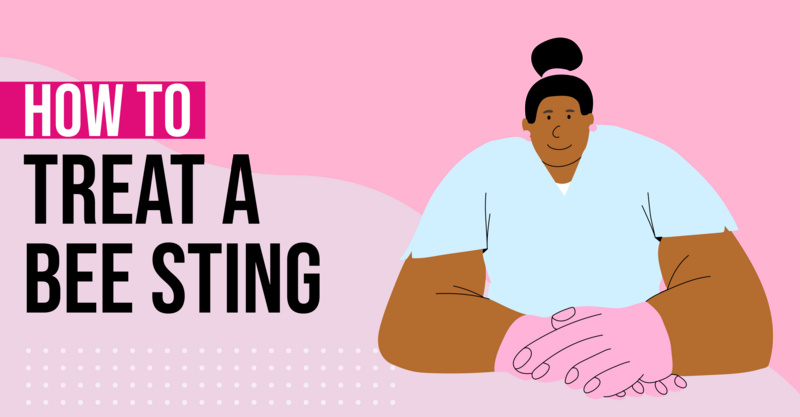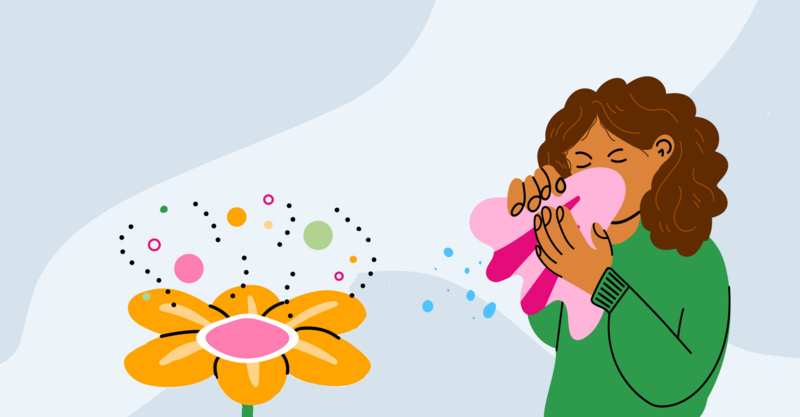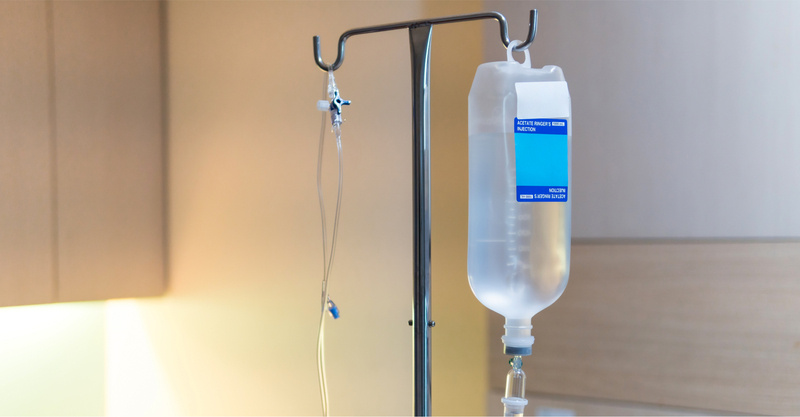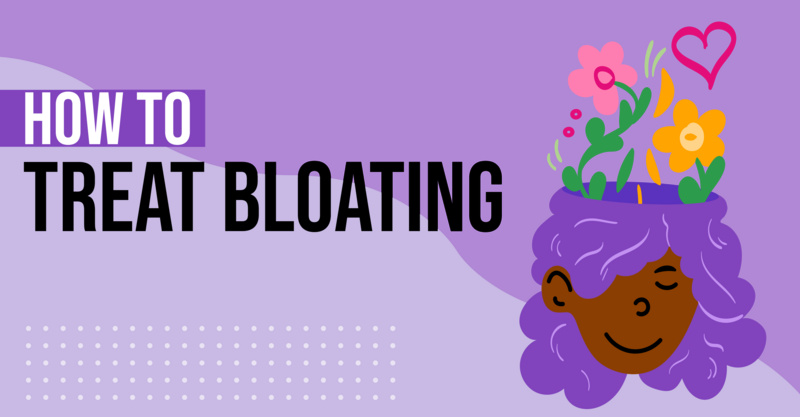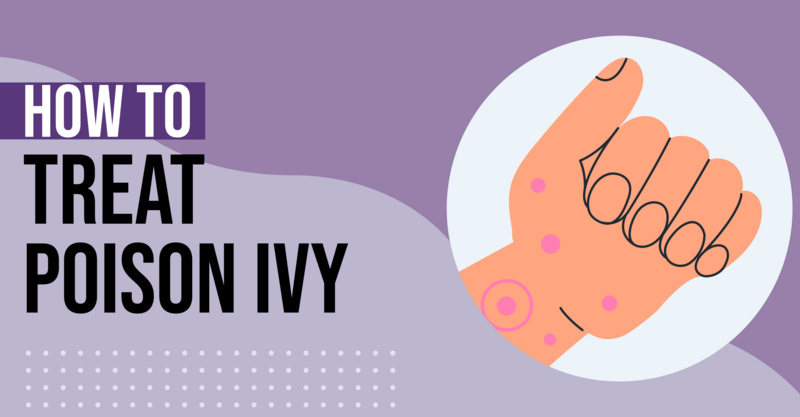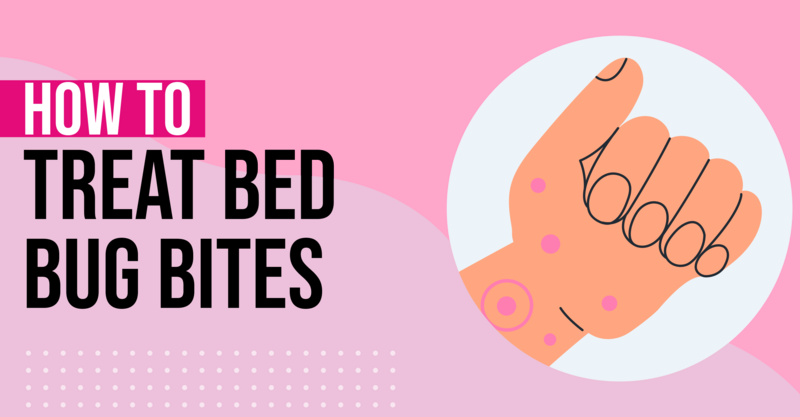Key Points
- The article outlines the top four causes of smell loss: nasal congestion, nasal obstruction, aging, and brain and nervous system disorders.
- Nasal congestion from colds, flu, or allergies can temporarily block scent receptors, causing smell loss.
- Nasal obstructions like nasal polyps or sinus deformities can also impede the sense of smell.
- Aging can decrease the number of scent receptors in the nose, weakening the sense of smell, particularly after 60.
- Brain and nervous system disorders, such as Alzheimer's, brain tumors, and Parkinson's, can affect smell as the brain struggles to interpret signals from scent receptors.
Top 4 Loss of Smell Causes
1. Nasal Congestion
Nasal congestion from a cold, flu, or allergies can often cause a temporary loss of smell.[1] If you’re sick or have a runny nose, excess mucus can block the scent receptors in your nose. Mild respiratory infections often clear up on their own, and your sense of smell usually returns after a few days. If you have seasonal allergies or another condition that leaves you regularly congested, you might need medical treatment to help clear your sinuses.
2. Nasal Obstruction
Obstructions like nasal polyps or deformities in your sinuses can block your sense of smell.[1] Unlike with a cold or allergies, a nasal obstruction might not cause a runny nose or excess mucus. If you have a nasal obstruction, you may feel stuffed up but can’t get relief from blowing your nose. Nasal obstructions can sometimes be treated with prescription pills or nasal sprays. In many cases, surgery is needed to remove or correct the obstruction.[2]
3. Aging
Your sense of smell can sometimes grow weaker as you age. Over time, the number of receptors in your nose can decrease, making you less sensitive to strong smells. Many people begin to have a weaker sense of smell after age 60, and more than 75% of people over 80 experience significant loss of smell.[3] Your doctor can perform tests to determine whether your loss of smell is a result of normal aging or a medical condition.
4. Brain and Nervous System Disorders
In some cases, the problem might be with your nervous system rather than your nose. Health conditions such as Alzheimer’s disease, brain tumors, Huntington’s disease, and Parkinson’s disorder can affect your sense of smell.[4] In these cases, there is usually nothing wrong with the scent receptors in your nose. Instead, your brain has trouble understanding the signals transmitted by the scent receptors. Notify your doctor if your loss of smell is accompanied by neurological symptoms like muscle weakness, seizures, or a decline in cognitive abilities.[5]
Possible Health Conditions Related to Loss of Smell
1. Sinus Infections
Sinus infections can cause nasal congestion and swelling, which may lead to a temporary or permanent loss of smell. While most people regain their sense of smell after their infection clears up, recurring infections can sometimes damage your sense of smell.[6] If you suffer from frequent infections and have noticed a loss of smell, you might need to see a specialist. An otolaryngologist, or ENT doctor - or your local urgent care center - can help you determine the cause of your infections and how to prevent future ones.
2. Sinus Disorders
Some sinus disorders cause chronic inflammation, which can interfere with your sense of smell. Chronic sinusitis can cause symptoms similar to those of a sinus infection. However, chronic sinusitis is usually not a sign of infection. Instead, it can be caused by a deviated septum, nasal polyps, enlarged turbinates, or other structural problems in your sinuses.[7] If you have sinus pain or congestion that doesn’t clear up on its own after a week or two, you might need to see a doctor. An ENT doctor can perform tests to determine the cause of your symptoms.
3. Allergies
Allergies can cause a runny nose, sneezing, congestion, and loss of smell or taste.[8] Many people with allergies also have watery eyes and some develop a rash. Your allergy might be due to many factors. Most people with allergies are allergic to pollen, dust, or animals. If you have allergies, you might notice that your symptoms are worse at certain times of the year. You might also have worse symptoms after you’ve been exposed to something you’re allergic to, like a neighbor’s dog.[8] An allergist, or a doctor who specializes in treating allergies, can help you find ways to manage your symptoms.
4. Dementia
A loss of smell is sometimes linked to dementia. While not everyone who loses their sense of smell goes on to develop dementia, it can be a risk factor. Many people with dementia report loss of smell as one of their earliest symptoms.[9] If other cognitive issues, such as poor memory, accompany your loss of smell, see a doctor. And if you’re a caregiver for a person with dementia, be sure to notify their doctor of any changes in the person’s sense of taste or smell.
5. Head Injuries
Head injuries can sometimes cause a temporary or permanent loss of smell.[10] A blow to the head can cause serious health complications. In some cases, it may even be life-threatening. It’s important to seek medical care for any head injuries, particularly those that led to a loss of consciousness.[11] If you are recovering from a head injury, let your doctor know right away if you experience any new symptoms, such as loss of smell.
Questions Your Doctor May Ask About Loss of Smell
- When did you first notice a loss of smell?
- Have you recently been sick?
- Have you recently suffered a head injury?
- Have you recently started a new medication?
- Do you suffer from allergies or nasal congestion?
- Do you have any cognitive conditions such as Alzheimer’s disease or dementia?
Loss of Smell May Also Be Known as
- Ansonia
- Hyposmia
- Reduced sensitivity to odors
Frequently asked questions
What are the top causes of loss of smell?
The main causes are nasal congestion, nasal obstruction, aging, and brain and nervous system disorders.Can a cold or flu cause loss of smell?
Yes, nasal congestion from a cold, flu, or allergies can cause a temporary loss of smell.How does aging affect the sense of smell?
Aging can lead to a decrease in the number of scent receptors in the nose, which can weaken the sense of smell, especially after the age of 60.Can brain disorders affect the sense of smell?
Yes, brain and nervous system disorders such as Alzheimer's disease, brain tumors, and Parkinson's disorder can affect the sense of smell.What other health conditions can lead to loss of smell?
Other conditions that can cause smell loss include sinus infections, sinus disorders, allergies, dementia, and head injuries.What might a doctor ask if I'm experiencing loss of smell?
A doctor may ask when you first noticed the loss of smell, if you've been recently sick or had a head injury, if you've started new medication, if you suffer from allergies or nasal congestion, and if you have cognitive conditions like Alzheimer's or dementia.Can medications affect the sense of smell?
Yes, certain medications can potentially affect your sense of smell. It's important to discuss any new medications with your doctor if you notice a change in this sense.Can allergies cause loss of smell?
Yes, allergies can cause nasal congestion which can temporarily block scent receptors, leading to a loss of smell.
Solv has strict sourcing guidelines and relies on peer-reviewed studies, academic research institutions, and medical associations. We avoid using tertiary references.
